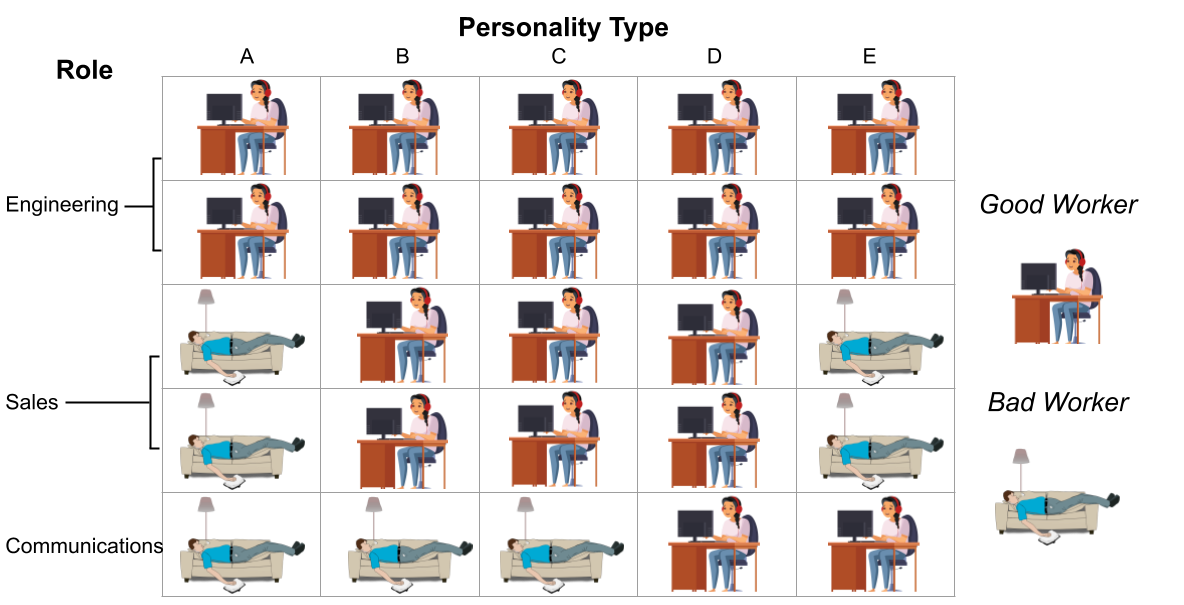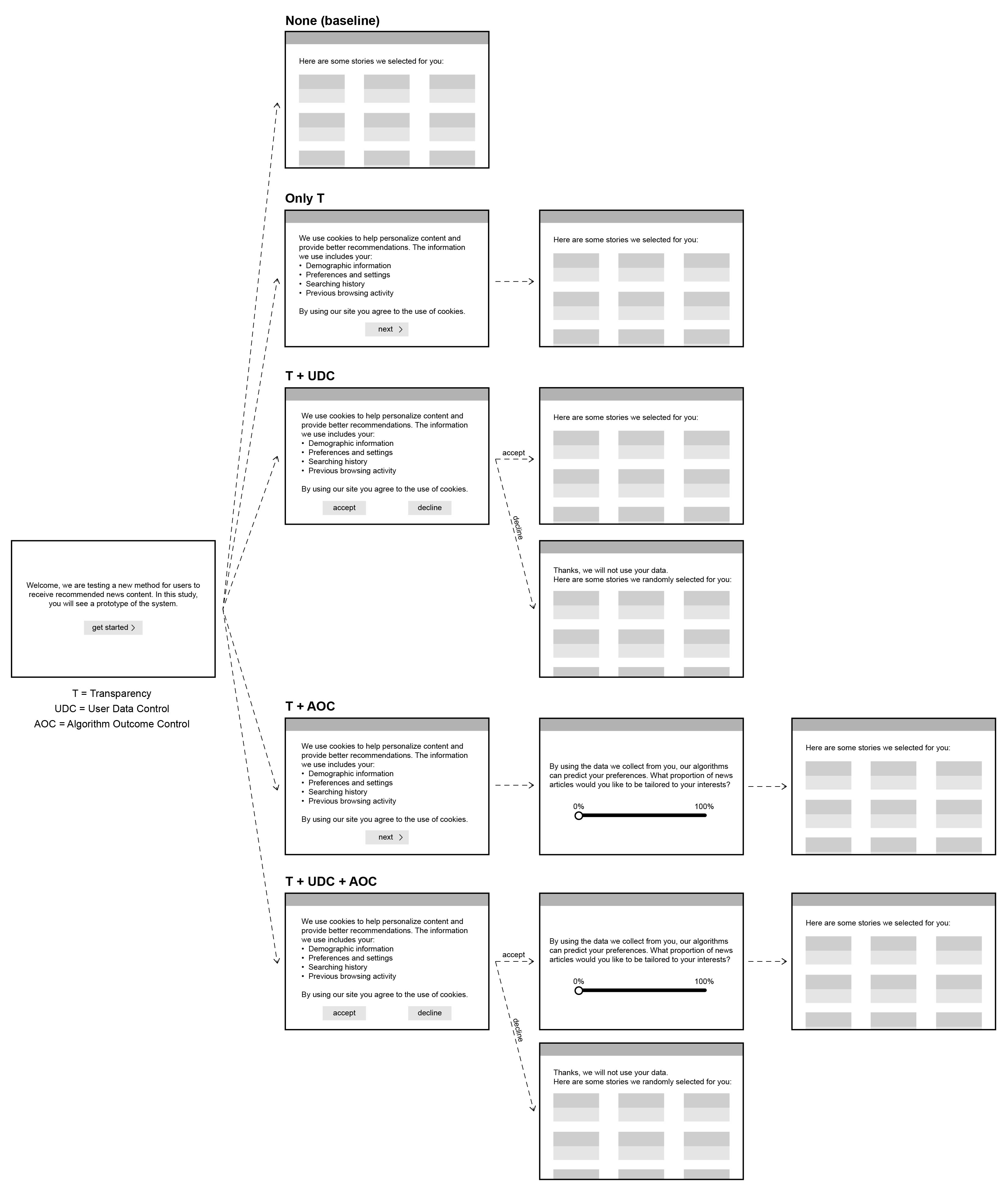When to Show a Suggestion? Integrating Human Feedback in AI-Assisted Programming
2306.04930

0
0
💬
Abstract
AI powered code-recommendation systems, such as Copilot and CodeWhisperer, provide code suggestions inside a programmer's environment (e.g., an IDE) with the aim of improving productivity. We pursue mechanisms for leveraging signals about programmers' acceptance and rejection of code suggestions to guide recommendations. We harness data drawn from interactions with GitHub Copilot, a system used by millions of programmers, to develop interventions that can save time for programmers. We introduce a utility-theoretic framework to drive decisions about suggestions to display versus withhold. The approach, conditional suggestion display from human feedback (CDHF), relies on a cascade of models that provide the likelihood that recommended code will be accepted. These likelihoods are used to selectively hide suggestions, reducing both latency and programmer verification time. Using data from 535 programmers, we perform a retrospective evaluation of CDHF and show that we can avoid displaying a significant fraction of suggestions that would have been rejected. We further demonstrate the importance of incorporating the programmer's latent unobserved state in decisions about when to display suggestions through an ablation study. Finally, we showcase how using suggestion acceptance as a reward signal for guiding the display of suggestions can lead to suggestions of reduced quality, indicating an unexpected pitfall.
Get summaries of the top AI research delivered straight to your inbox:
Overview
- AI-powered code recommendation systems like Copilot and CodeWhisperer suggest code to programmers to improve their productivity
- This research explores ways to leverage signals about programmers' acceptance and rejection of code suggestions to guide future recommendations
- The researchers use data from interactions with GitHub Copilot, a widely used code recommendation system, to develop an approach called Conditional Suggestion Display from Human Feedback (CDHF)
- CDHF selectively hides suggestions that are likely to be rejected, reducing latency and programmer verification time
Plain English Explanation
Code recommendation systems are like digital assistants that suggest code snippets to programmers as they're writing software. The goal is to save programmers time and effort by providing helpful code suggestions.
This research looks at ways to make these code recommendation systems even more useful. The key idea is to pay attention to whether programmers actually accept or reject the code suggestions they're given. By tracking this feedback, the researchers can learn which types of suggestions are most likely to be accepted.
The researchers used data from millions of programmers using GitHub Copilot, a popular code recommendation system. They developed an approach called CDHF that selectively hides suggestions that are likely to be rejected. This can save programmers time by reducing the number of unhelpful suggestions they have to review.
The researchers found that CDHF can successfully avoid displaying a significant number of suggestions that would have been rejected. They also showed that it's important to consider the programmer's "hidden state" - factors about the programmer that can't be directly observed - when deciding what to suggest.
One interesting finding was that simply using acceptance as a reward signal to guide the suggestions can actually lead to lower quality suggestions over time. This highlights an important challenge in designing these kinds of AI-powered recommendation systems.
Technical Explanation
The researchers introduce a utility-theoretic framework called Conditional Suggestion Display from Human Feedback (CDHF) to selectively display code suggestions to programmers. CDHF relies on a cascade of models that estimate the likelihood a recommended code snippet will be accepted.
These likelihood estimates are then used to decide whether to display a given suggestion or withhold it, with the goal of reducing both latency and the time programmers spend verifying unhelpful suggestions.
The researchers perform a retrospective evaluation of CDHF using data from 535 programmers interacting with GitHub Copilot. They find that CDHF can avoid displaying a significant fraction of suggestions that would have been rejected.
An ablation study demonstrates the importance of incorporating the programmer's latent, unobserved state when making decisions about suggestion display. The researchers also show that using acceptance as a reward signal to guide the suggestions can paradoxically lead to lower quality suggestions over time.
Critical Analysis
The paper provides a thoughtful approach to leveraging user feedback to improve code recommendation systems. The CDHF framework's ability to selectively hide low-value suggestions is a promising technique to enhance programmer productivity.
However, the retrospective nature of the evaluation means the real-world performance may differ. Integrating CDHF into an active system and assessing its impact on programmer workflow would provide valuable additional insights.
The finding that using acceptance as a reward can degrade suggestion quality is an important cautionary tale. It highlights the need for careful system design when aligning AI-powered recommendations with human preferences. Further research is warranted to explore robust approaches that avoid such unintended consequences.
Additionally, the paper does not address potential biases or fairness issues that could arise from the underlying data or modeling choices. Ensuring equitable treatment for programmers of diverse backgrounds should be a priority for code recommendation systems.
Overall, this work represents an important step towards more effective and user-centric code recommendation systems. Continued research in this direction, with a focus on practical deployment and careful consideration of potential pitfalls, could yield substantial benefits for programmers.
Conclusion
This research explores mechanisms to leverage programmer feedback to guide the display of code recommendations, with the goal of saving time and effort. The proposed CDHF framework selectively hides suggestions deemed likely to be rejected, based on a cascade of predictive models.
Evaluations using real-world data from the GitHub Copilot system demonstrate the potential of this approach to significantly reduce the number of unhelpful suggestions shown to programmers. The work also highlights the importance of considering the programmer's latent state, as well as the unexpected challenge of using acceptance as a reward signal.
While further research is needed to address practical deployment considerations and potential biases, this study represents an important advance in aligning AI-powered code recommendation systems with the needs and preferences of human programmers. Continued progress in this area could lead to substantial productivity gains for software development teams.
Related Papers
📉
Reading Between the Lines: Modeling User Behavior and Costs in AI-Assisted Programming
Hussein Mozannar, Gagan Bansal, Adam Fourney, Eric Horvitz

0
0
Code-recommendation systems, such as Copilot and CodeWhisperer, have the potential to improve programmer productivity by suggesting and auto-completing code. However, to fully realize their potential, we must understand how programmers interact with these systems and identify ways to improve that interaction. To seek insights about human-AI collaboration with code recommendations systems, we studied GitHub Copilot, a code-recommendation system used by millions of programmers daily. We developed CUPS, a taxonomy of common programmer activities when interacting with Copilot. Our study of 21 programmers, who completed coding tasks and retrospectively labeled their sessions with CUPS, showed that CUPS can help us understand how programmers interact with code-recommendation systems, revealing inefficiencies and time costs. Our insights reveal how programmers interact with Copilot and motivate new interface designs and metrics.
4/23/2024

Designing Algorithmic Recommendations to Achieve Human-AI Complementarity
Bryce McLaughlin, Jann Spiess

0
0
Algorithms frequently assist, rather than replace, human decision-makers. However, the design and analysis of algorithms often focus on predicting outcomes and do not explicitly model their effect on human decisions. This discrepancy between the design and role of algorithmic assistants becomes of particular concern in light of empirical evidence that suggests that algorithmic assistants again and again fail to improve human decisions. In this article, we formalize the design of recommendation algorithms that assist human decision-makers without making restrictive ex-ante assumptions about how recommendations affect decisions. We formulate an algorithmic-design problem that leverages the potential-outcomes framework from causal inference to model the effect of recommendations on a human decision-maker's binary treatment choice. Within this model, we introduce a monotonicity assumption that leads to an intuitive classification of human responses to the algorithm. Under this monotonicity assumption, we can express the human's response to algorithmic recommendations in terms of their compliance with the algorithm and the decision they would take if the algorithm sends no recommendation. We showcase the utility of our framework using an online experiment that simulates a hiring task. We argue that our approach explains the relative performance of different recommendation algorithms in the experiment, and can help design solutions that realize human-AI complementarity.
5/3/2024

Negotiating the Shared Agency between Humans & AI in the Recommender System
Mengke Wu, Weizi Liu, Yanyun Wang, Mike Yao

0
0
Smart recommendation algorithms have revolutionized information dissemination, enhancing efficiency and reshaping content delivery across various domains. However, concerns about user agency have arisen due to the inherent opacity (information asymmetry) and the nature of one-way output (power asymmetry) on algorithms. While both issues have been criticized by scholars via advocating explainable AI (XAI) and human-AI collaborative decision-making (HACD), few research evaluates their integrated effects on users, and few HACD discussions in recommender systems beyond improving and filtering the results. This study proposes an incubating idea as a missing step in HACD that allows users to control the degrees of AI-recommended content. Then, we integrate it with existing XAI to a flow prototype aimed at assessing the enhancement of user agency. We seek to understand how types of agency impact user perception and experience, and bring empirical evidence to refine the guidelines and designs for human-AI interactive systems.
4/23/2024
🔎
Can humans teach machines to code?
C'eline Hocquette, Johannes Langer, Andrew Cropper, Ute Schmid

0
0
The goal of inductive program synthesis is for a machine to automatically generate a program from user-supplied examples of the desired behaviour of the program. A key underlying assumption is that humans can provide examples of sufficient quality to teach a concept to a machine. However, as far as we are aware, this assumption lacks both empirical and theoretical support. To address this limitation, we explore the question `Can humans teach machines to code?'. To answer this question, we conduct a study where we ask humans to generate examples for six programming tasks, such as finding the maximum element of a list. We compare the performance of a program synthesis system trained on (i) human-provided examples, (ii) randomly sampled examples, and (iii) expert-provided examples. Our results show that, on most of the tasks, non-expert participants did not provide sufficient examples for a program synthesis system to learn an accurate program. Our results also show that non-experts need to provide more examples than both randomly sampled and expert-provided examples.
5/1/2024